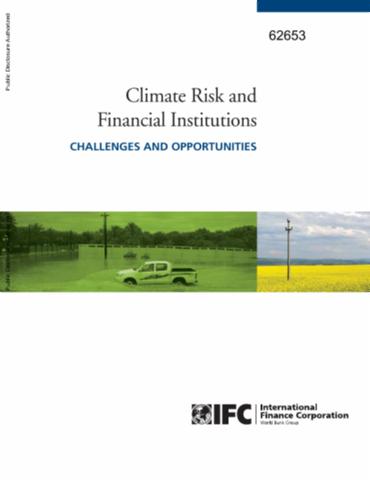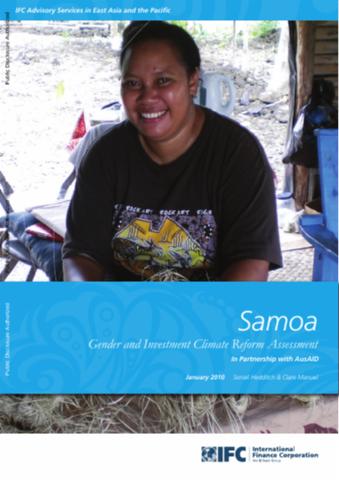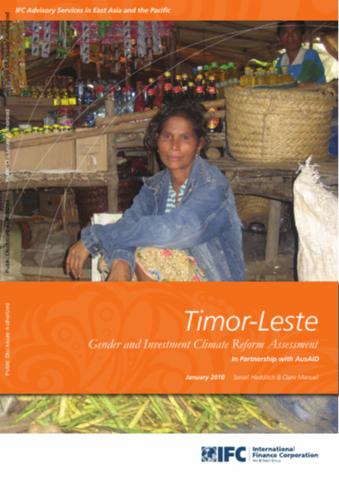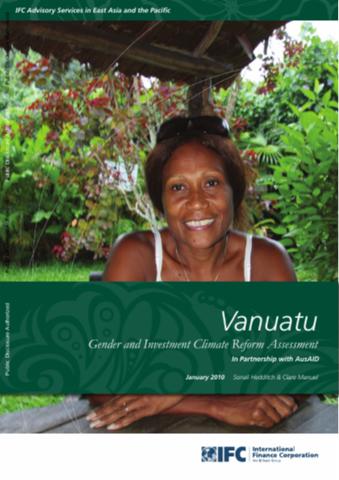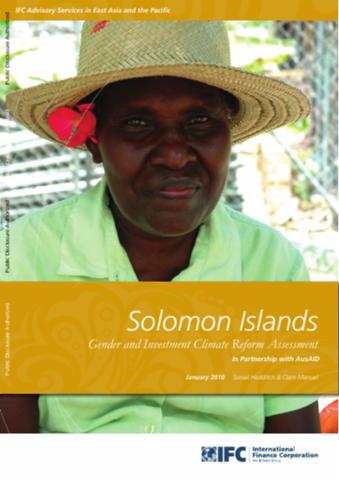Location
The World Bank is a vital source of financial and technic
IFC, a member of the World Bank Group, is the largest global development institution focused exclusively on the private sector in developing countries.
We utilize and leverage our products and services—as well as products and services of other institutions in the World Bank Group—to provide development solutions customized to meet clients’ needs. We apply our financial resources, technical expertise, global experience, and innovative thinking to help our partners overcome financial, operational, and political challenges.
Clients view IFC as a provider and mobilizer of scarce capital, knowledge, and long-term partnerships that can help address critical constraints in areas such as finance, infrastructure, employee skills, and the regulatory environment.
IFC is also a leading mobilizer of third-party resources for its projects. Our willingness to engage in difficult environments and our leadership in crowding-in private finance enable us to extend our footprint and have a development impact well beyond our direct resources.
Members:
Resources
Displaying 41 - 45 of 52Climate Risk and Financial Institutions
This report analyzes in some detail the risks to project finance and the performance of real-sector investments. Options, futures, derivatives, foreign exchange and more exotic instruments are not specifically addressed. The objectives of institutional investors, such as pension funds, include creation of sustained revenues over a long period of time. Clearly, given this long-term perspective, institutional investors need to be particularly aware of growing risks to their investments in climatically sensitive sectors or regions.
Samoa Gender and Investment Climate Reform Assessment
This report is one of six gender and investment climate reform assessments undertaken in six Pacific nations including Samoa. The report analyses gender-based investment climate barriers which constrain private sector development and identifies solutions to address them. Six investment climate areas are considered: public private dialogue; starting and licensing a business; access to justice and alternative dispute resolution; access to, and enforcement of, rights over registered land; access to finance; and access to, and enforcement of, rights over intellectual property.
Timor-Leste Gender and Investment Climate Reform Assessment
This report is one of six gender and investment climate reform assessments undertaken in six Pacific nations including Timor-Leste. The report analyses gender-based investment climate barriers which constrain private sector development and identifies solutions to address them. Four key investment climate areas are considered: public private dialogue; starting and licensing a business; access to justice and alternative dispute resolution; and access to, and enforcement of, rights over registered land.
Vanuatu Gender and Investment Climate Reform Assessment
This report is one of six gender and investment climate reform assessments undertaken in six Pacific nations including Vanuatu. The report analyses gender-based investment climate barriers which constrain private sector development and identifies solutions to address them. Four investment climate areas are considered: public private dialogue; starting and licensing a business; access to justice, the courts, and mediation, and; access to and enforcement of, rights over registered land.
Solomon Islands Gender and Investment Climate Reform Assessment
This report is one of six gender and investment climate reform assessments undertaken in six Pacific nations including Solomon Islands. The report analyses gender-based investment climate barriers which constrain private sector development and identifies solutions to address them. Four key investment climate areas are considered: public private dialogue; starting and licensing a business; access to justice, the courts and mediation; and access to and enforcement of rights over registered land.



